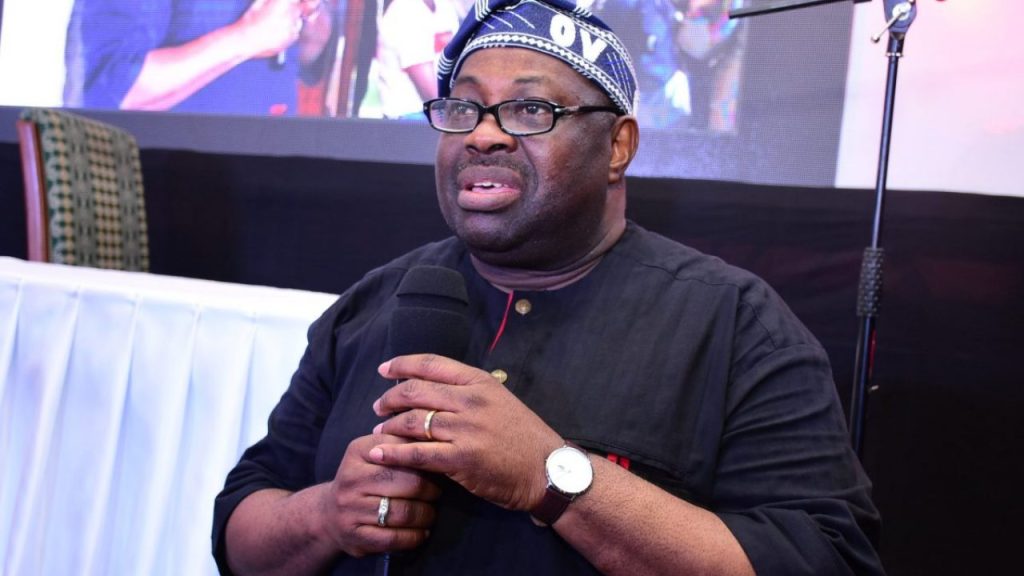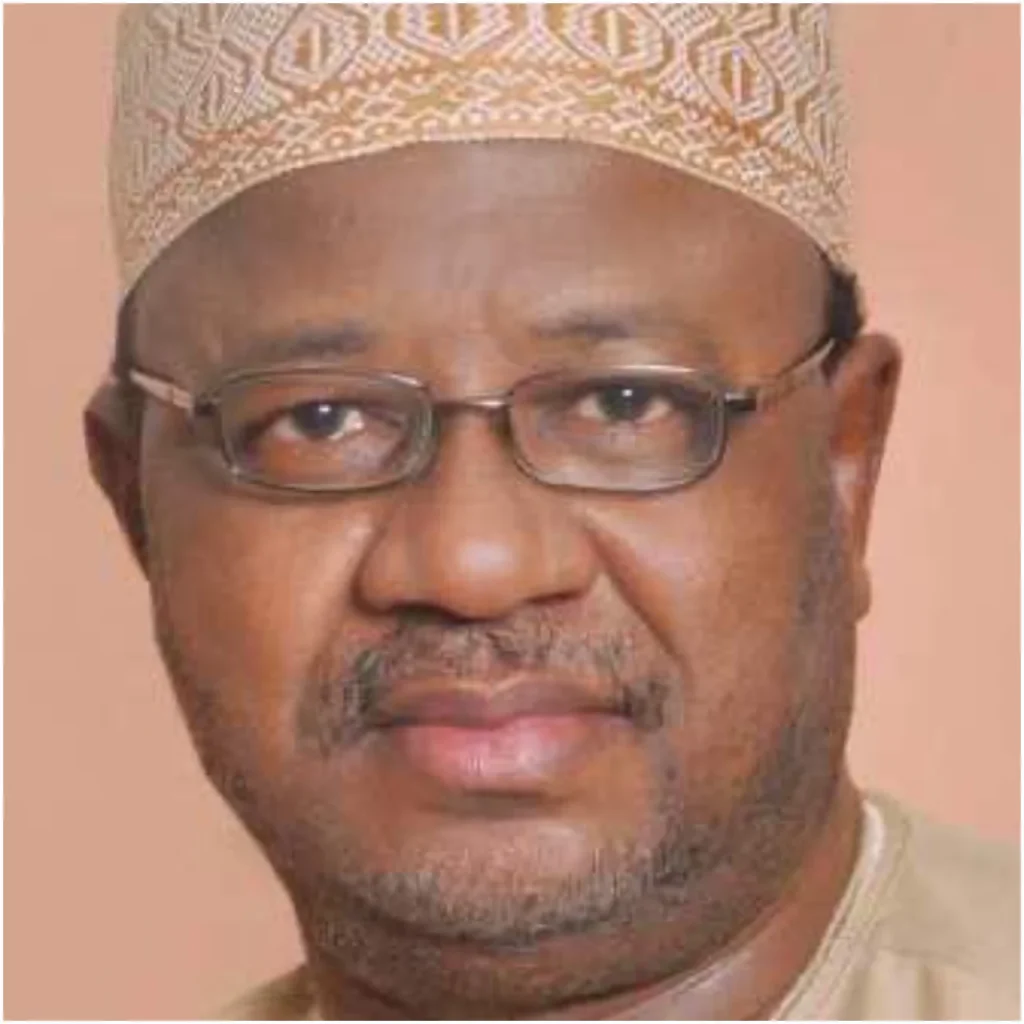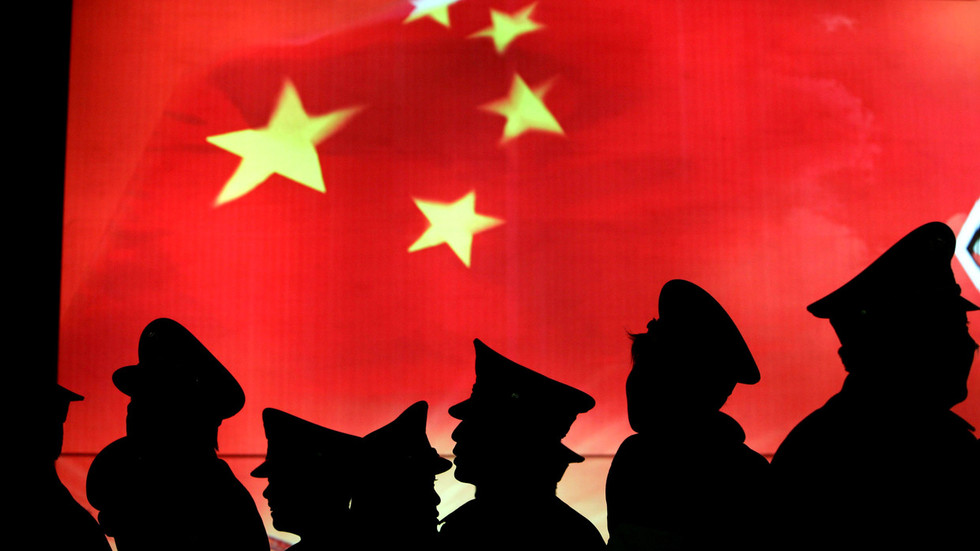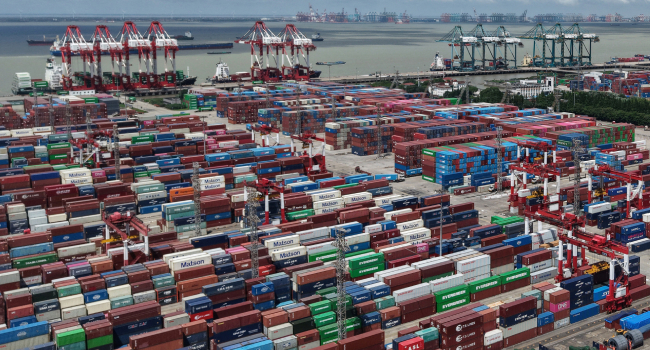La Paz, Bolivia — Three suspected leaders of an attempted coup against Bolivian President Luis Arce have been placed in custody for six months, according to the country’s top prosecutor. Former army chief Juan Jose Zuniga, ex-navy head Juan Arnez, and Alejandro Irahola, former leader of the army’s mechanized brigade, will be held in a high-security prison near the capital.
“This pretrial detention ordered by the judge will undoubtedly set a precedent and is a good signal for the investigation to move forward,” said Attorney General Cesar Siles.
The accused officers face charges of armed uprising and terrorism, which could result in sentences of up to 20 years in prison, Siles stated on state television. They were among 21 active, retired, and civilian military personnel arrested in connection with Wednesday’s failed coup, where troops and tanks attempted to breach the presidential palace in central La Paz.
Zuniga claimed his objective was to “restructure democracy” in Bolivia. However, after a brief standoff, he was apprehended and the troops retreated. In an unusual twist, Zuniga alleged that he was acting on President Arce’s orders, suggesting that Arce intended for the coup to incite a crackdown that would increase his popularity.
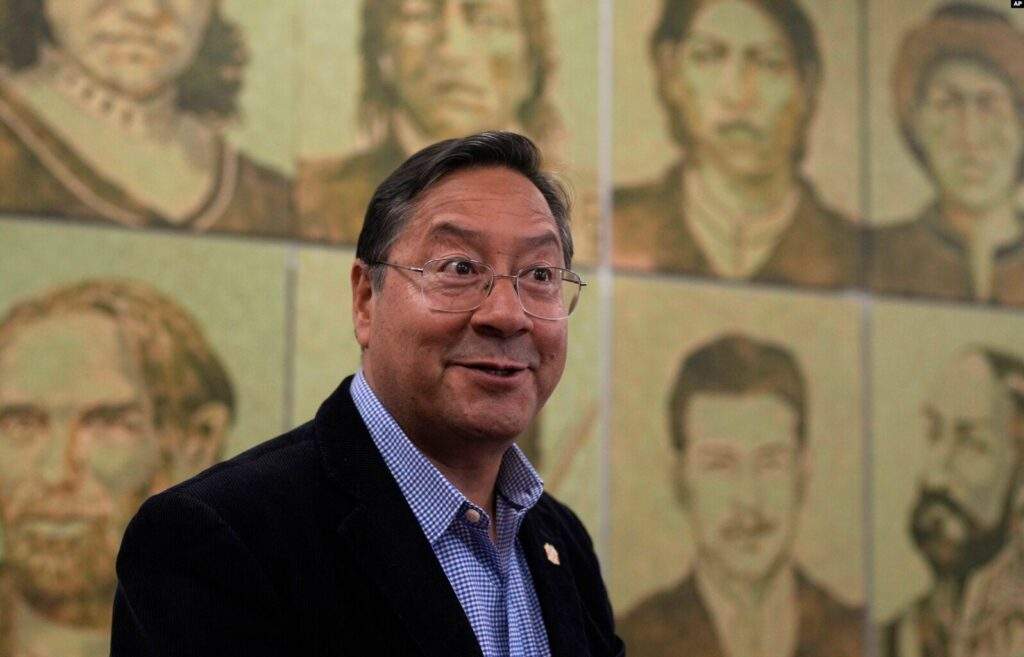
President Arce vehemently denied the allegations. “How could one order or plan a coup on oneself?” he told reporters.
Tensions in Bolivia have been escalating due to rising prices, shortages of dollars and fuel, and a growing feud between Arce and former president Evo Morales ahead of the 2025 election.
Brazilian President Luiz Inacio Lula da Silva announced he would soon visit Arce to show support following the unrest. Russia also condemned the coup attempt, warning against “destructive foreign interference.”
U.N. Secretary-General Antonio Guterres welcomed the peaceful resolution of the situation, with his spokesperson expressing earlier concern over the coup attempt. Condemnations also came from Madrid, Washington, and across Latin America.
Bolivia, with a history of military coups, has recently been rocked by an economic crisis stemming from a drop in natural gas production, which was its primary source of foreign currency until 2023. This has led to reduced fuel imports and a shortage of dollars, sparking protests by powerful unions.
Gustavo Flores-Macias, a professor at Cornell University, described the coup attempt as “a symptom of significant and broad discontent” within the country. He emphasized the need to evaluate the extent of dissatisfaction within the armed forces, adding that Arce’s government is experiencing “a critical moment of weakness.”
The ruling Movement Towards Socialism party is also deeply polarized, with internal conflicts between supporters of Arce and his former mentor, Morales, adding to the nation’s instability.
